CBG vs CBD: What Do They Have in Common and What's Different?

In the world of cannabinoids, CBD (cannabidiol) has been leading the charge for its potential health benefits. However, another cannabinoid, CBG (cannabigerol), is beginning to capture interest for its unique properties and effects.
What are CBD and CBG?
Both CBD and CBG are non-psychoactive cannabinoids found in the cannabis plant, meaning they do not produce the “high” associated with THC (tetrahydrocannabinol). They are thought to interact with the body’s endocannabinoid system (ECS) but in slightly different ways, impacting their potential therapeutic uses.
Production and Availability
CBD: Found in high concentrations in many hemp strains, CBD is readily available in various forms, including oils, edibles, topicals, and more. It is extracted from both the hemp and marijuana forms of the cannabis plant, though hemp-derived CBD is the most common due to legalities in many areas.
CBG: Often referred to as the “mother of all cannabinoids,” CBG is present in lower concentrations in cannabis plants. It is the chemical parent to both THC and CBD, as it converts into these cannabinoids as the plant matures. This makes it less abundant and often more expensive to produce.
Potential Health Benefits
Both cannabinoids have been studied for their potential to address various health issues, but they have some differing benefits:
CBD: Widely researched for its potential to ease symptoms like anxiety, chronic pain, and inflammation. CBD has also found its way into products that improve sleep and reduce stress.
CBG: Preliminary studies on CBG indicate promising effects in treating conditions such as glaucoma, IBD, and certain types of cancer. CBG is also believed to have antibacterial properties.
Effects on the Body
The way CBG and CBD interact with the body’s ECS is vital to their impact:
CBD: Primarily interacts with the CB2 receptors in the body, which are found chiefly in immune tissues. It is also known to influence the CB1 receptors but more indirectly.
CBG: CBG is thought to directly interact with CB1 and CB2 receptors, potentially making it more “active” in interacting with the body’s natural systems. This direct binding contributes to its potent anti-inflammatory and neuroprotective properties.
Legal Status
In the United States, as long as they are derived from hemp with less than 0.3% THC, both CBD and CBG are federally legal. However, state laws vary, and it’s important to check local regulations before purchasing or using either cannabinoid.
While CBD and CBG share many similarities, including their non-intoxicating effects and benefits, they also possess distinct differences that could influence their suitability for different therapeutic purposes. As research continues to evolve, the distinct roles of each cannabinoid will become more evident, providing consumers with more informed choices for personal health and wellness.
Understanding CBG vs CBD distinctions can help you make informed purchases based on your health needs and goals. When choosing CBD, CBG, or a combination, prioritize high-quality products from reputable sources for safety and effectiveness.
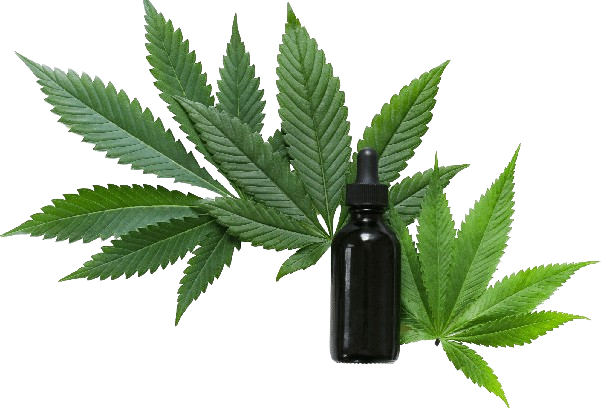 Join our Wellness JourneySign up for our newsletter and get wellness tips, recipes, and discounts directly to your inbox. |
What Our Customer Say

“The cinnamon taste is strong, but it doesn’t have the medicinal, bitter taste like some of the other CBD oil’s I have tried.”
~ Taylor S.
Cinnamon CBD Oil: 900mg
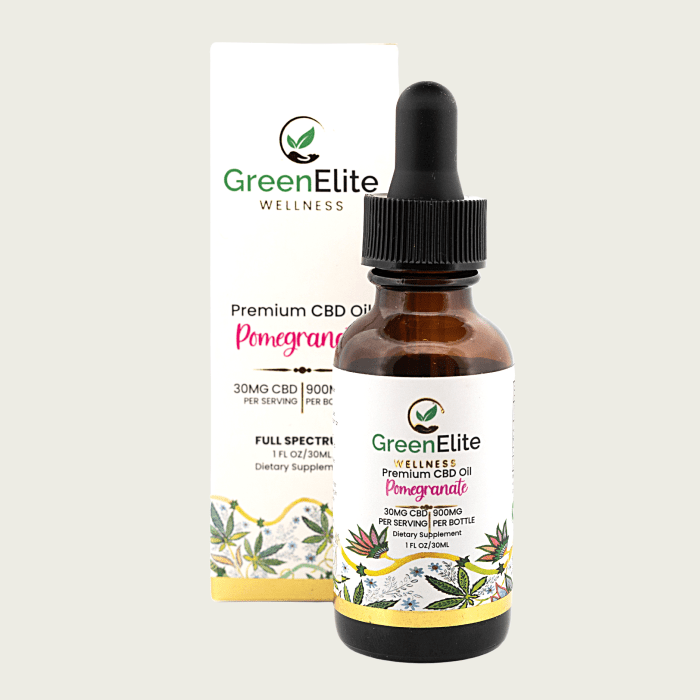 Premium Organic Full Spectrum CBD Oil: Pomegranate 900mg 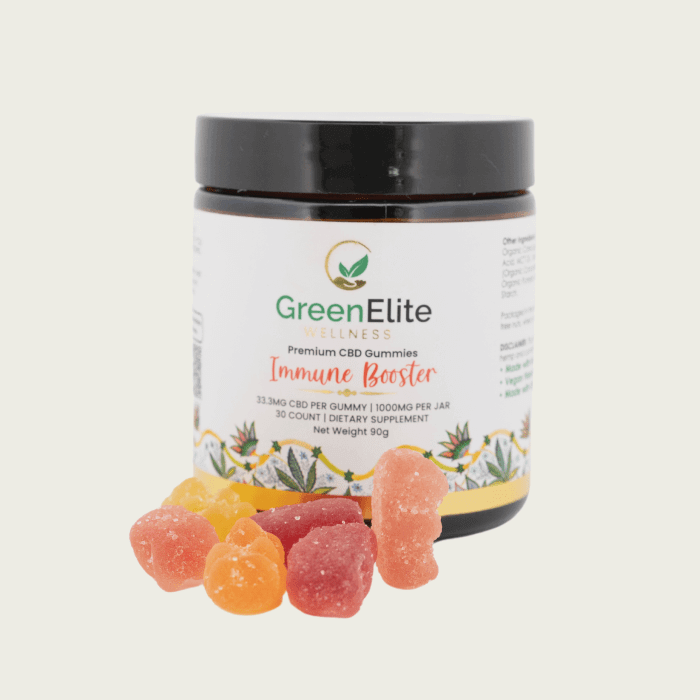 Immune Booster CBD Gummies: 1000mg 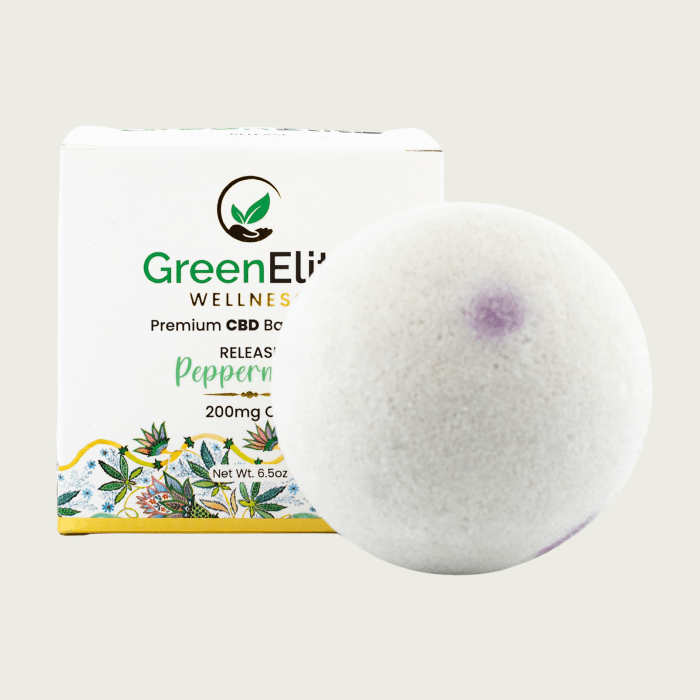 200mg Pure CBD Bath Bomb : Peppermint 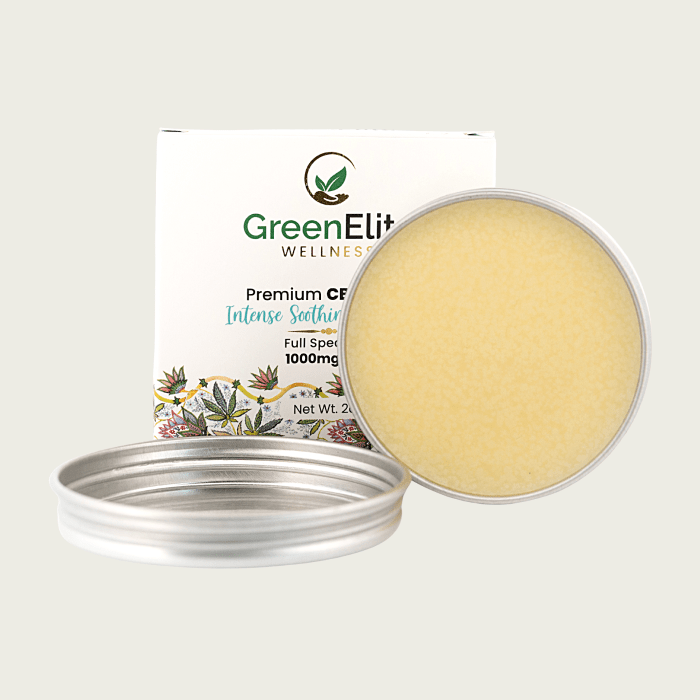 CBD Salve: 1000mg |
